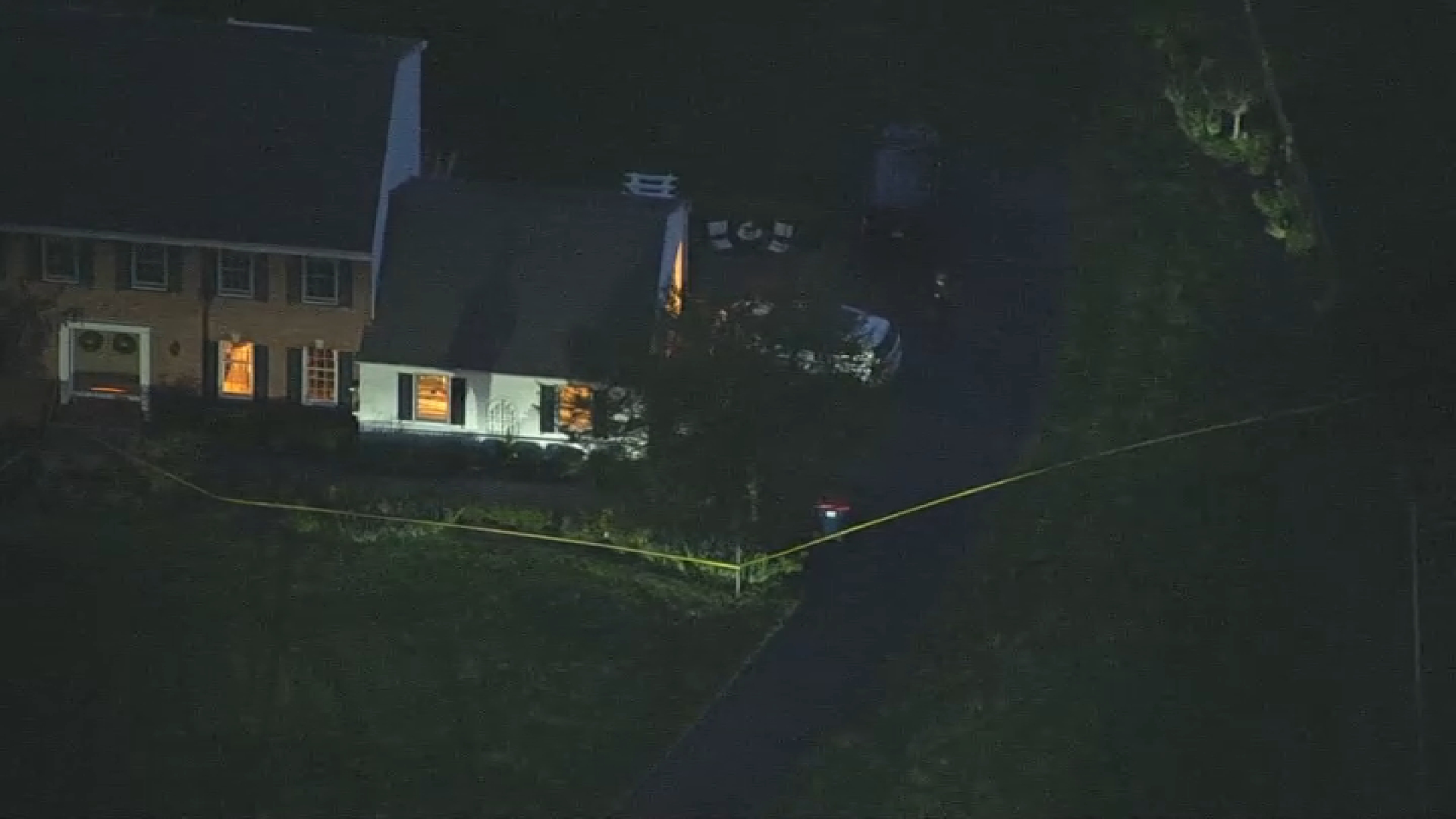Editor's note: the original version of the story incorrectly stated the action taken by the mayor's office, it has issued a citation to Conrail, not a fine.
"Enough already."
That's how fed up representatives of city government, federal agencies and community activists say they are with the opioid problem that plagues a neighborhood in the West Kensington-Fairhill section of Philadelphia.
Now, officials including Mayor Jim Kenney say they are going to deal with it.
The 3000 block of North Mascher near Gurney Street is considered by many to be the drug epicenter of the city, and the lives of residents of the neighborhood are significantly impacted by the coming and going of drug users and dealers.
A group of Philadelphians hoping to address the long-standing problem got together on April 7 at the Salvation Army on North Mascher Street to hear Kenney present his solution to the problem during a press conference.
The Mayor spoke specifically about the area known as "The Tracks" or "The Rails" where most of the problem is concentrated, and issued an ultimatum to Conrail -- which owns the property -- to clean it up, or be subject to a citation.
Local
Breaking news and the stories that matter to your neighborhood.
"The Gurney Project" requires Conrail to reinforce the existing fence so that people cannot pitch temporary home in that secluded and hidden place.
The changes will have to be more than just cosmetic.
"The biggest challenge is how to use the limited resources we have," City Councilwoman María Quiñones-Sánchez said. "For me it is important that help go to the people who live in the area, and it worries me that the majority of those who come to use drugs are not from here. They are from the suburbs."
Quiñones-Sánchez believes it will be necessary to work with the counties adjacent to Philadelphia to truly deal with the challenges presented by "The Tracks."
The people living under the bridge, the rails and the rest of the property owned by Conrail aren't limited to those coming from contiguous counties, but also people arriving from Puerto Rico, California and New York. They are recruited by "false pastors" posing as representatives of various religions to collect city benefits offered to those who serve and minister to those addicted to opioids.
"We are in communication with senators from Puerto Rico to evaluate what is happening there and here," said State Rep. Angel Cruz. "These 'pastors' bring people here to benefit from the funds provided by the government and then throw them out onto the streets. We identified this problem a while ago, but it is not until the Kenney administration that has gained importance."
Cruz said he will hold public hearings April 11 at City Hall to listen to the testimonies of the community and thus devise a plan of action. However, he said that the root of the problem lies in "welfare" laws and what is required of those who serve as representatives of people addicted to drugs.
Asteria Vives, a spokesperson for Home Quarters, an organization that works with people with addictions in that neighborhood, said that among the community of at least 200 individuals at "The Tracks," there is a lot of mistrust.
"They do not know who to trust," she said. "They trusted pastors in the past who abused their trust and left them with nothing, just the clothes on their back. So even if these people want to leave and recover [from their addictions] they cannot. They have nothing left but their addiction."
After Kenney's press conference, Conrail issued a statement that read: "Recently ... the City has cut off dialogue with Conrail and pursued a more adversarial approach. We continue to work with community organizations on this intractable social issue and, with their support, hope to move toward a more comprehensive solution soon."



